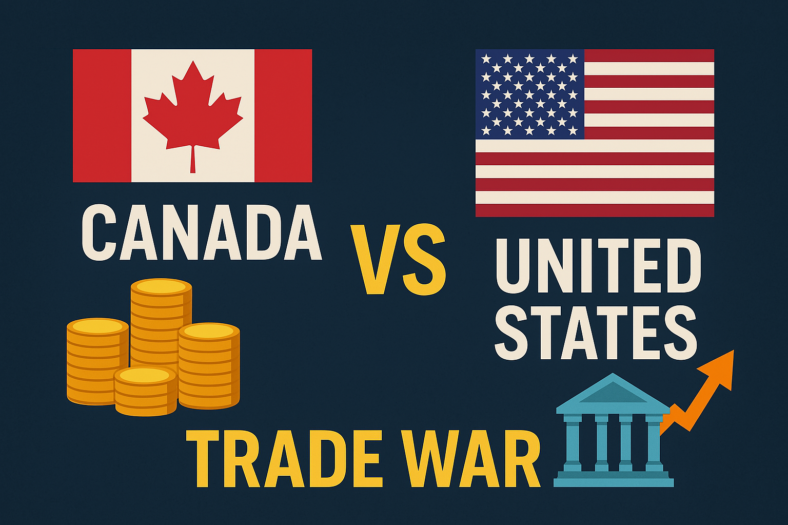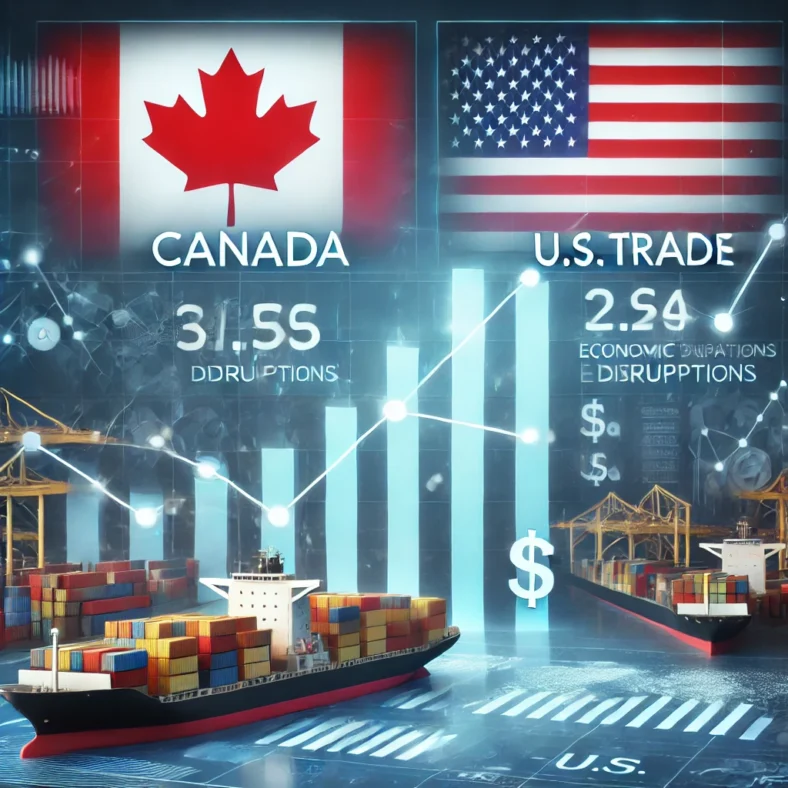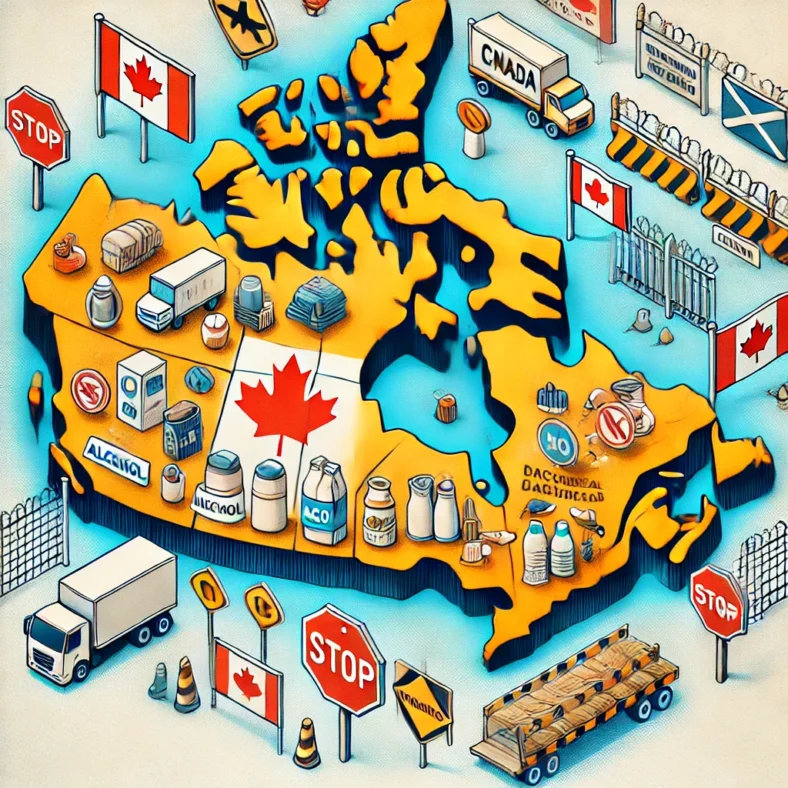Canada’s unemployment rate is projected to hit or exceed seven percent this year unless the Bank of Canada (BoC) initiates interest rate cuts soon, warns a National Bank economist.
Economic Warning
The labour market is struggling, and focusing solely on inflation could be detrimental, according to Taylor Schleich, Director of Economics and Strategy at National Bank Financial Markets. In a note published Monday, Schleich emphasized the urgent need for rate cuts.
“A July rate cut should be highly probable, unless June’s CPI report is unexpectedly disastrous,” Schleich stated.
Inflation and Unemployment
While May’s inflation report was not ideal, Schleich urges not to overlook the unemployment signals. “Inflation is currently more controlled than it has been recently,” he noted. Schleich predicts that without intervention, the unemployment rate could surpass seven percent this year due to worsening labour market conditions.
Interest Rate Adjustments
In June, the BoC cut interest rates for the first time in over four years, setting the benchmark rate at 4.75 percent. The next rate announcement is scheduled for July 24, with the market divided on the likelihood of another cut.
Labour Market Data
June’s labour market data revealed a net loss of 1,400 jobs, increasing the unemployment rate to 6.4 percent. This rate has been rising since a post-pandemic low of under five percent in 2022, and the pace exceeds that of many comparable countries. Schleich noted that the 1.6 percent increase from the 2022 low is the largest in the G7 and fifth in the OECD.
Economic Stability
Economists generally agree that the non-accelerating inflation rate of unemployment (NAIRU) is around six percent. “We are either at or slightly above this level and rising quickly,” Schleich said. Given the delayed impact of monetary policy changes on employment, Schleich argues that the BoC needs to act swiftly to stabilize unemployment figures.
Future Projections
The National Bank’s projections indicate that, if current trends continue, the unemployment rate could reach 7.5 percent by next spring. Interest rate cuts are seen as essential to counter this outcome.
While some economists cite resilient wage growth as a reason for the BoC to delay cuts, Schleich points out that wage growth typically lags behind changes in labour market conditions. “A slowdown in wage growth should follow the softening labour market. There’s no justification for increasing wages when more workers are unemployed,” he concluded.




















